what if we simplify each to binary: we get 8 permutations (1) Sagas
-
dimensions of change
-
hybrid sagas
(2) sharding
- example: concert tickets
- example: sysops experts
(1) Sagas
dimensions of change
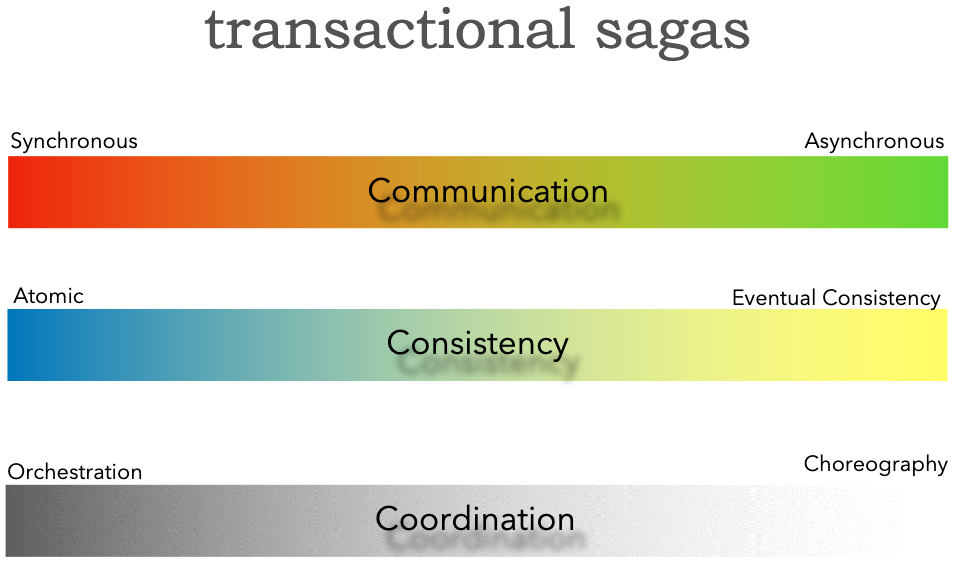
Any change to any of these 3 forces, changes everything…
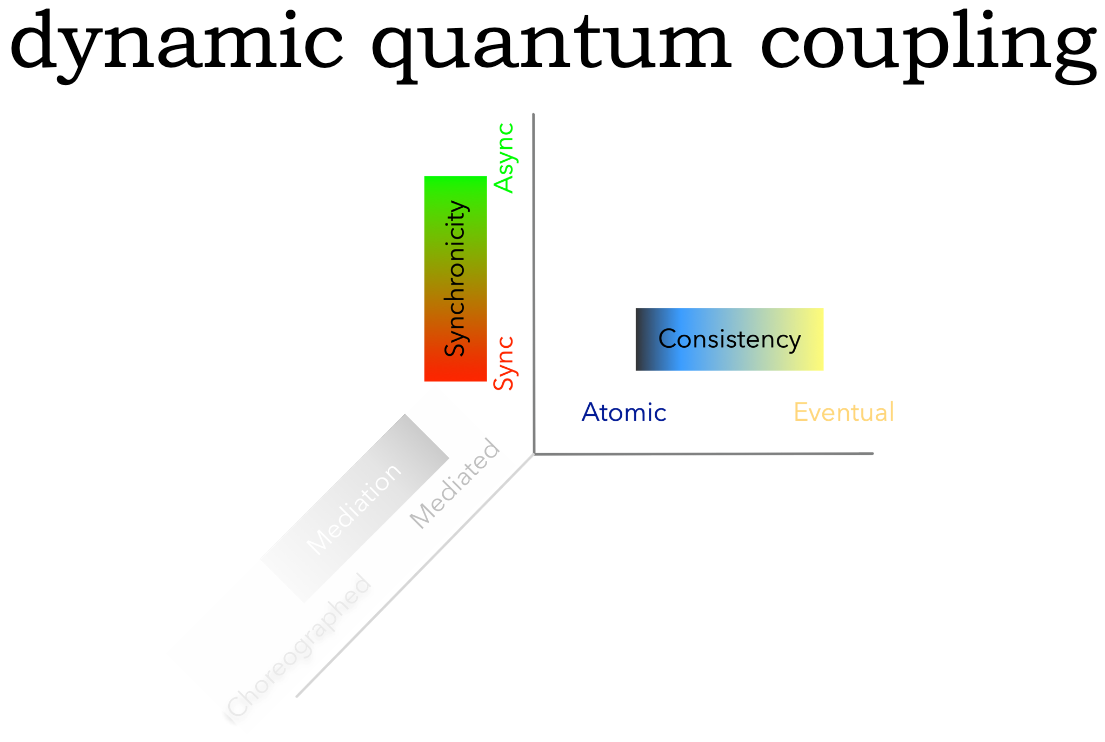
treat as binary for simplicity
then we get: Model: 8 types of sagas
- epic saga
- fantasy fiction saga
- fairy tale saga
- parallel saga
- phone tag saga
- horror story saga
- time travel saga
- anthology saga
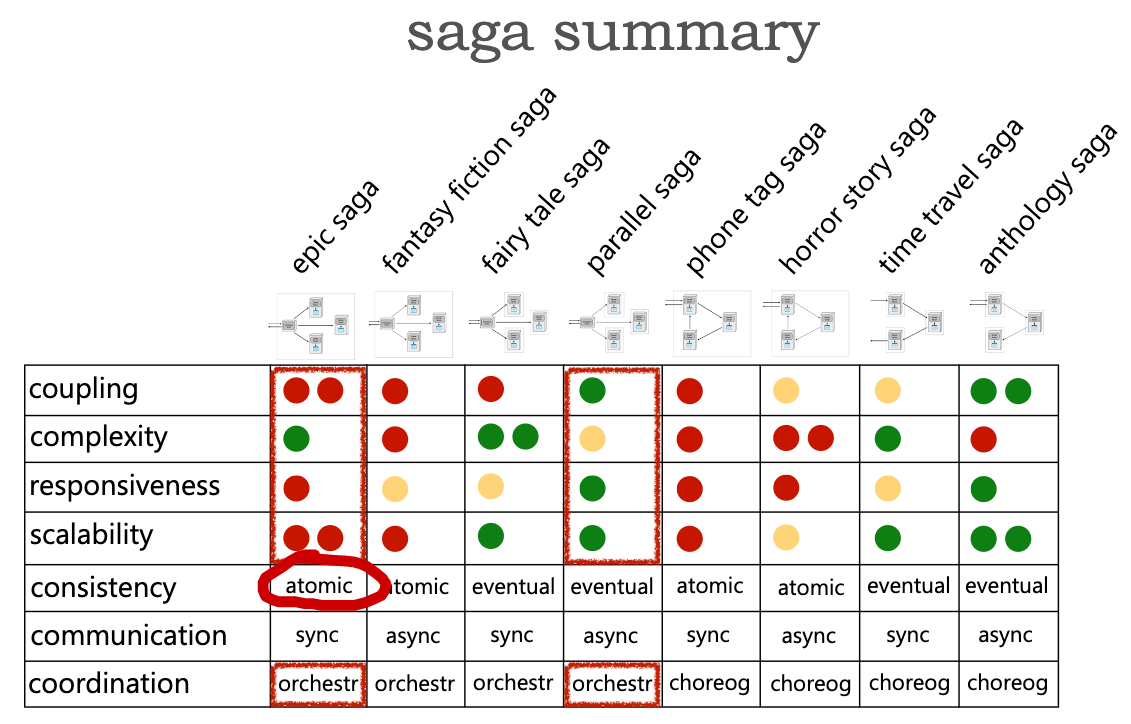 orchestration + atomic => drives complexity
orchestration + atomic => drives complexity
hybrid sagas
epic saga with async compensating updates
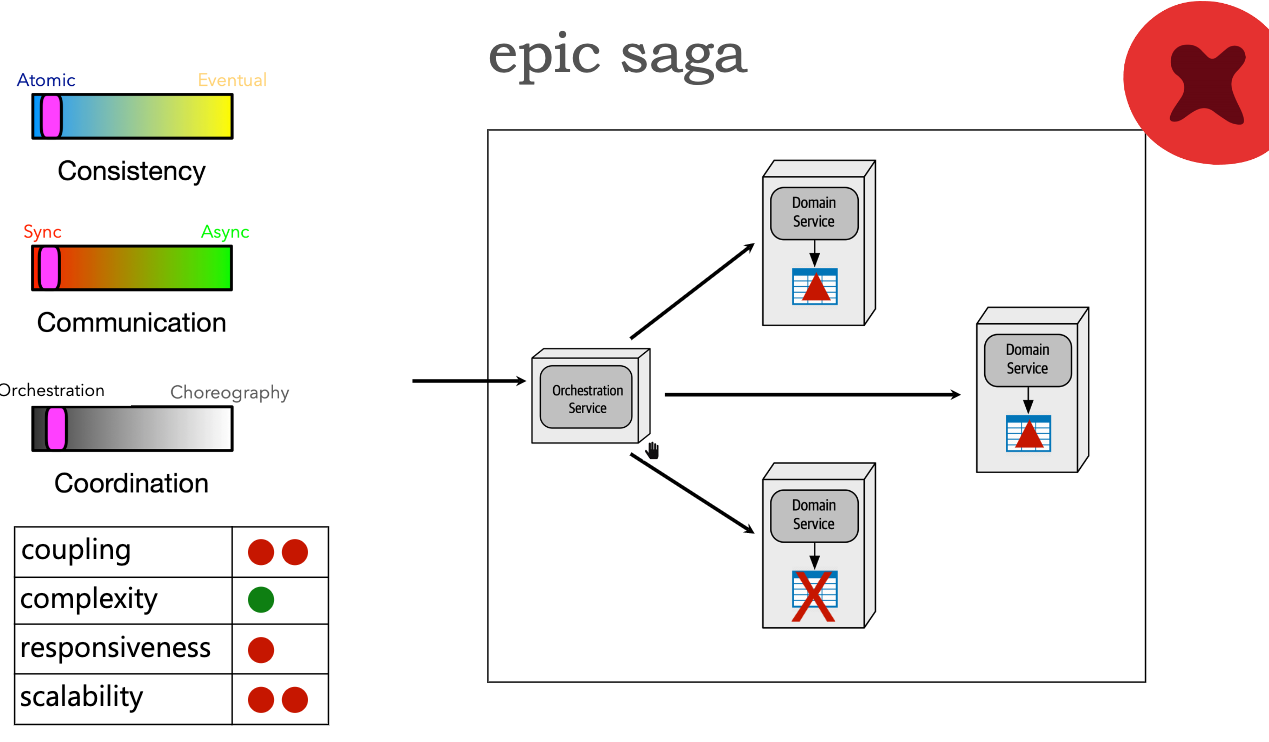
(2) sharding
example: concert tickets
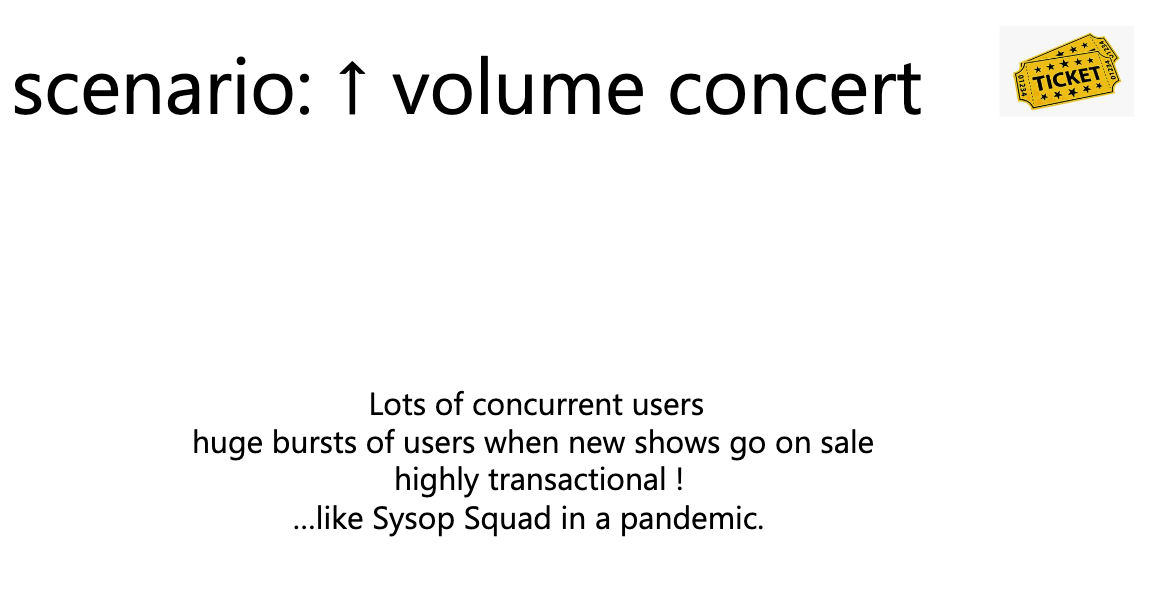
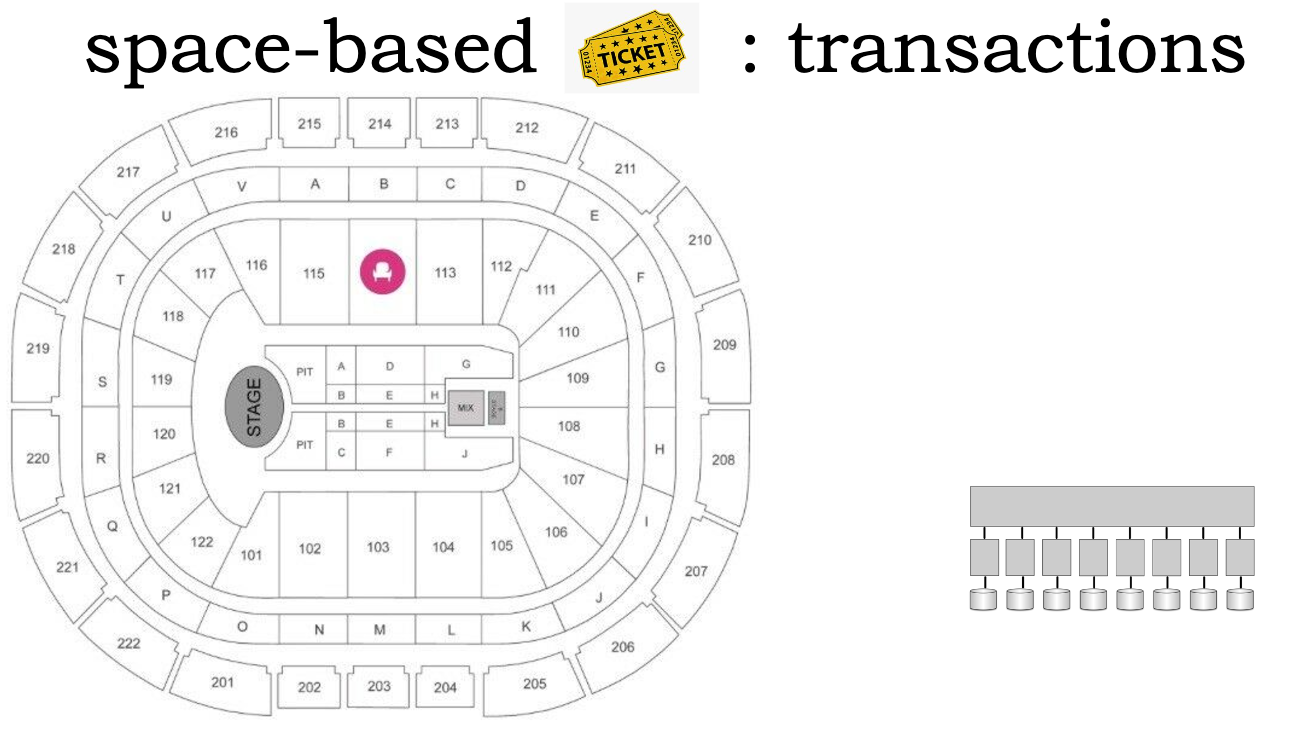
create a microservice that owns a region
How to see available seats?
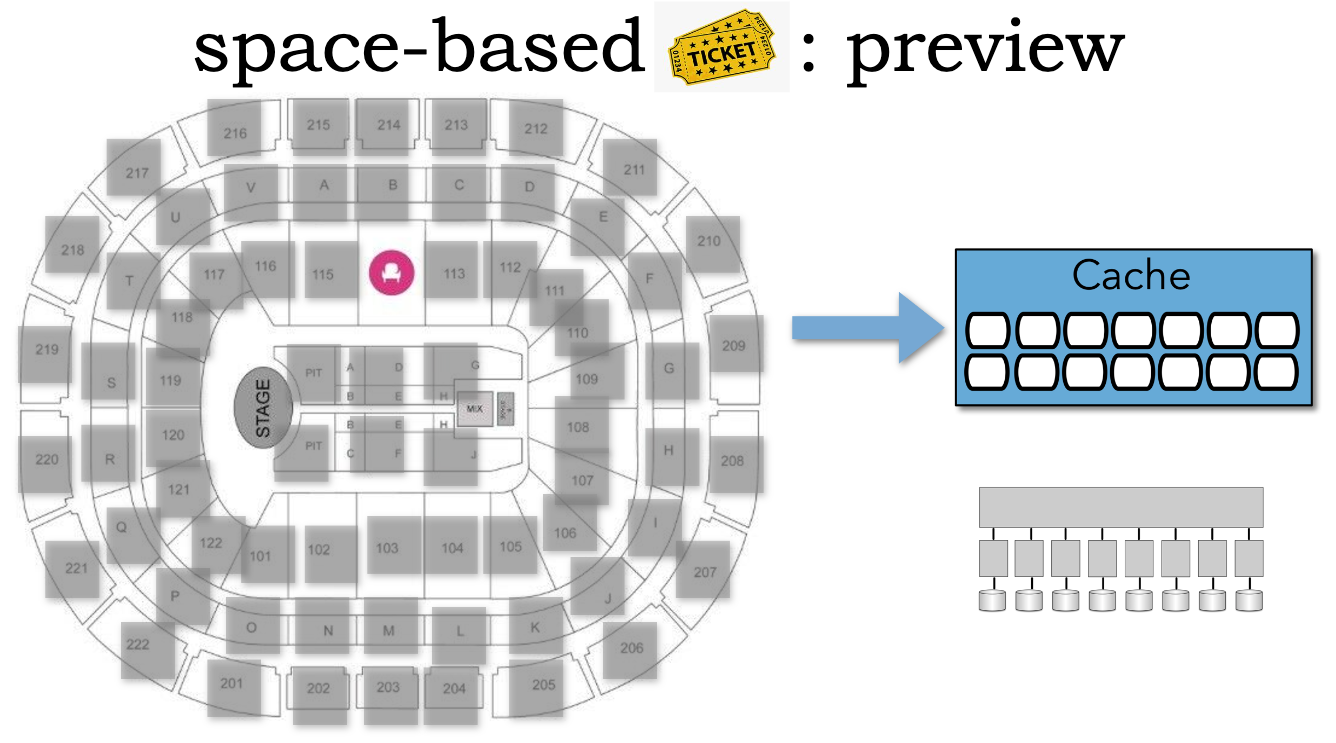 cache for available seeds
cache for available seeds
example: sysops experts
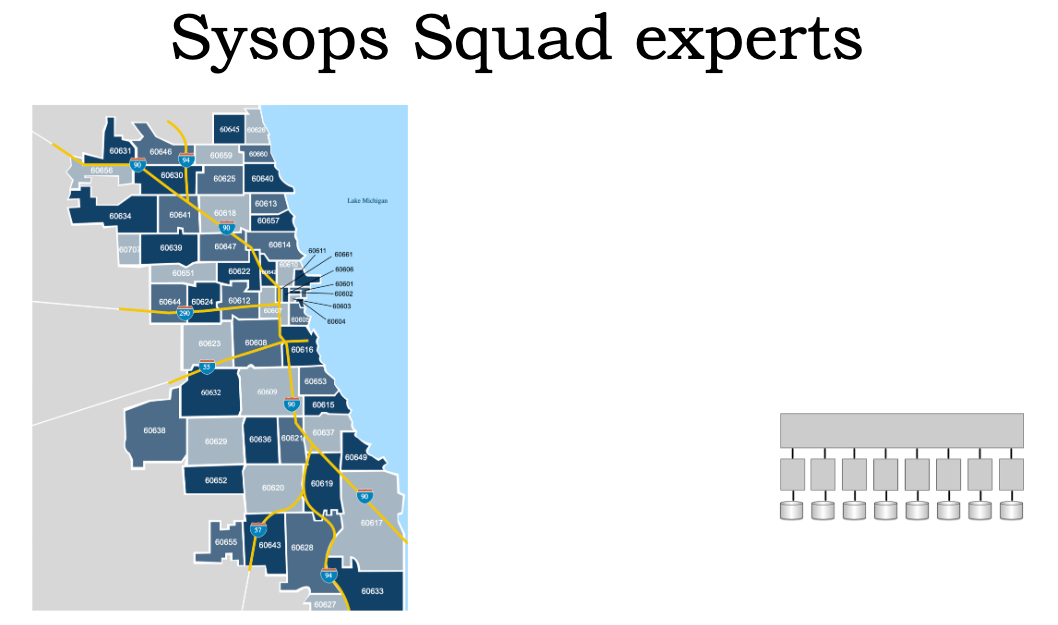
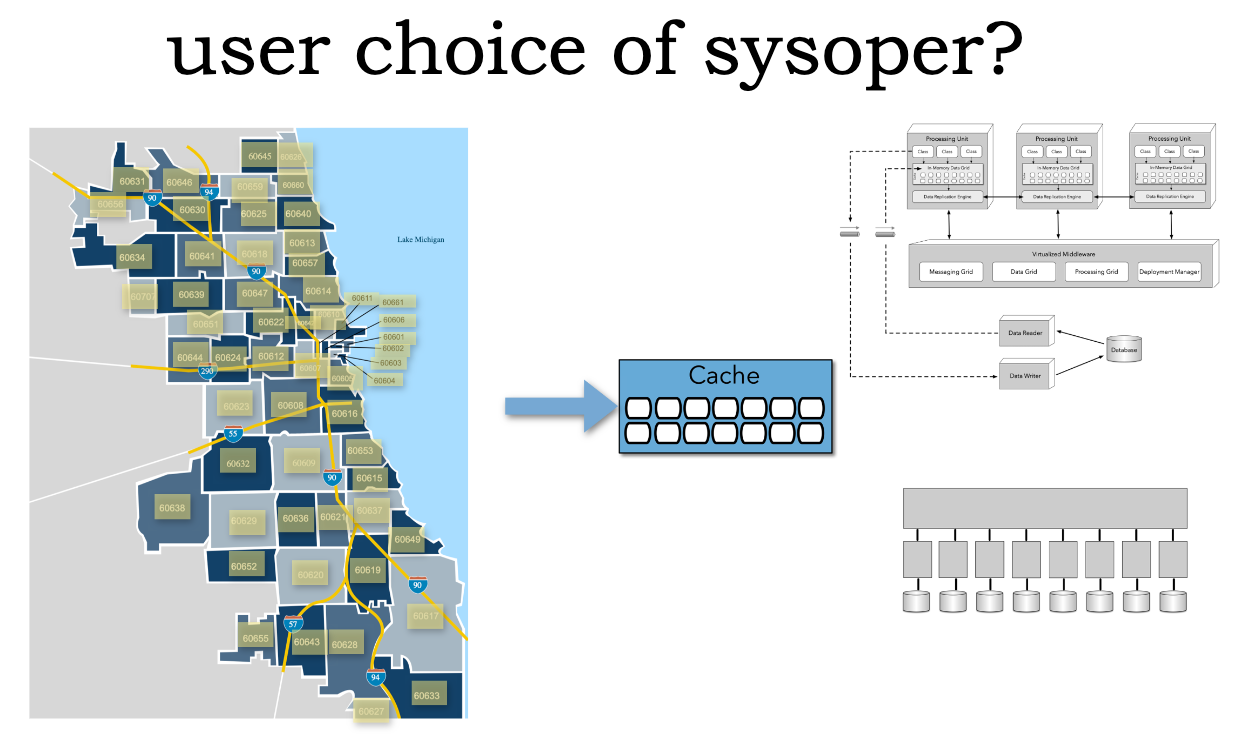 shard per experts?
shard per experts?